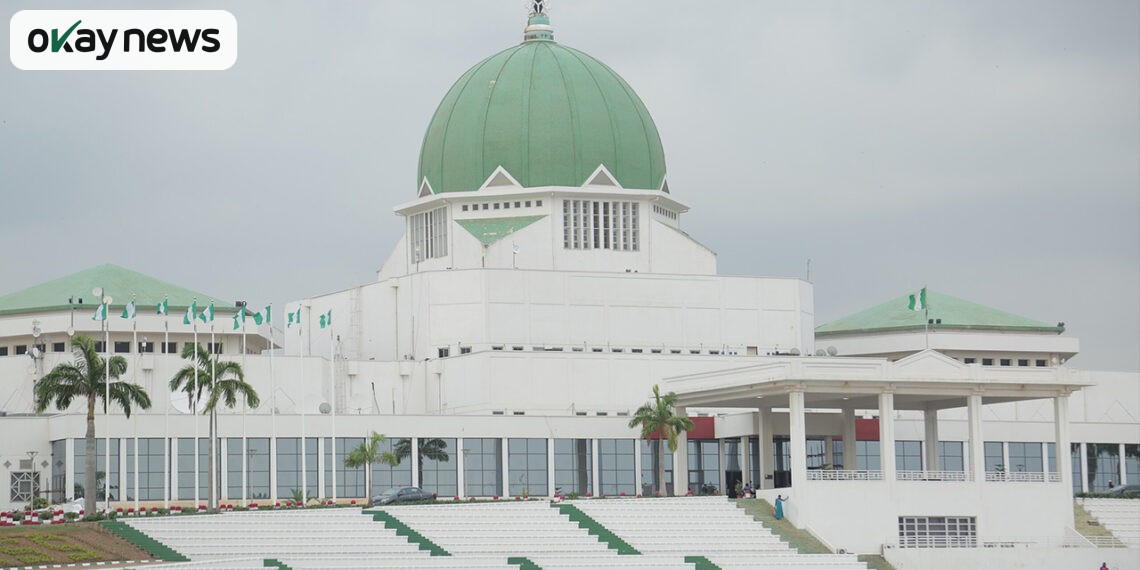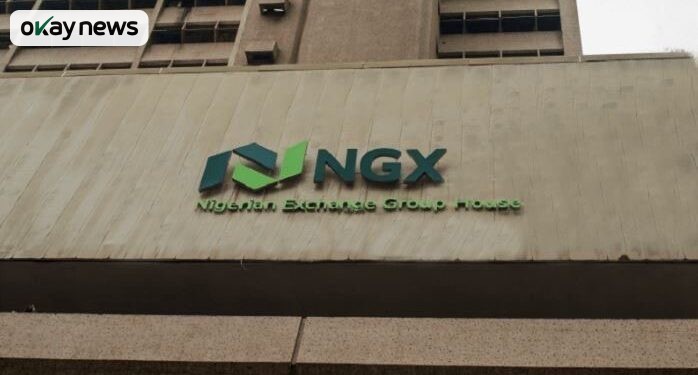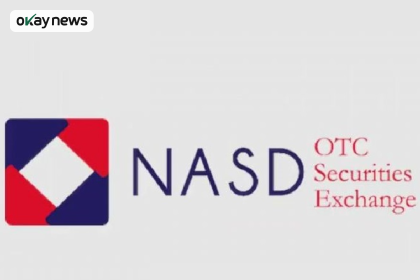Organised Private Sector of Nigeria (OPS) has asked the National Assembly to withdraw the proposed Customs Tariff Amendment Bill, warning that the legislation could disrupt Nigeria’s fiscal direction and undermine several non-oil industries at a critical time for economic stability.
Okay News reports that OPS presented its concerns during a public hearing on 27 November 2025, describing the Customs Tariff Amendment Bill as inconsistent with the Federal Government’s broader fiscal reform strategy.
According to the coalition’s submission, the Customs Tariff Amendment Bill introduces mathematical, legal, and administrative inconsistencies that could further fragment Nigeria’s excise framework. It warned that recent levies have been implemented without a unified assessment of their combined effects on production, investment, employment, exports, inflation, and backward integration.
OPS argued that although the non-alcoholic drinks industry contributes significantly to public health objectives and government revenue, policy changes must be harmonised to prevent unintended consequences. It cautioned that a steep excise hike under the Customs Tariff Amendment Bill could raise operating costs, weaken capacity utilisation, increase consumer prices, and distort formal-sector activity across value chains.
The group stressed that Nigeria’s non-alcoholic beverages sector supports 1.5 million jobs and contributes up to 45% of gross industry revenues as taxes, yet continues to operate under severe economic pressure. Industry representatives added that higher levies could ultimately reduce VAT and Corporate Income Tax receipts, weakening medium-term allocations from the Federation Account Allocation Committee (FAAC).
OPS further criticised lawmakers for advancing the Customs Tariff Amendment Bill without adequate consultation with the Ministry of Finance, the Presidential Fiscal Policy & Tax Reform Committee, FAAC, and other key institutions. It noted that the bill contains internal contradictions, including ambiguous levy formulations that are difficult to implement consistently in low-income markets.
The coalition highlighted that steep or poorly structured sugar-sweetened beverage taxes in developing economies often trigger job losses, MSME contraction, lower government revenue, wider inequality, and negligible health benefits. It warned that Nigeria risks similar outcomes if the Customs Tariff Amendment Bill is passed in its current form, although OPS expressed readiness to collaborate with policymakers to develop a more coherent framework.
Senator Ipalibo Harry Banigo of Rivers West, who sponsored the bill, said the proposal is intended to make Nigeria’s taxation system more responsive to national health needs by directing a portion of sugar-sweetened beverage tax revenue toward primary healthcare and preventive programmes. Banigo, a former Deputy Governor and medical doctor, explained that the measure is not a new tax but a mechanism to channel existing funds more effectively to curb non-communicable diseases, which now account for over 30% of annual deaths in Nigeria.







